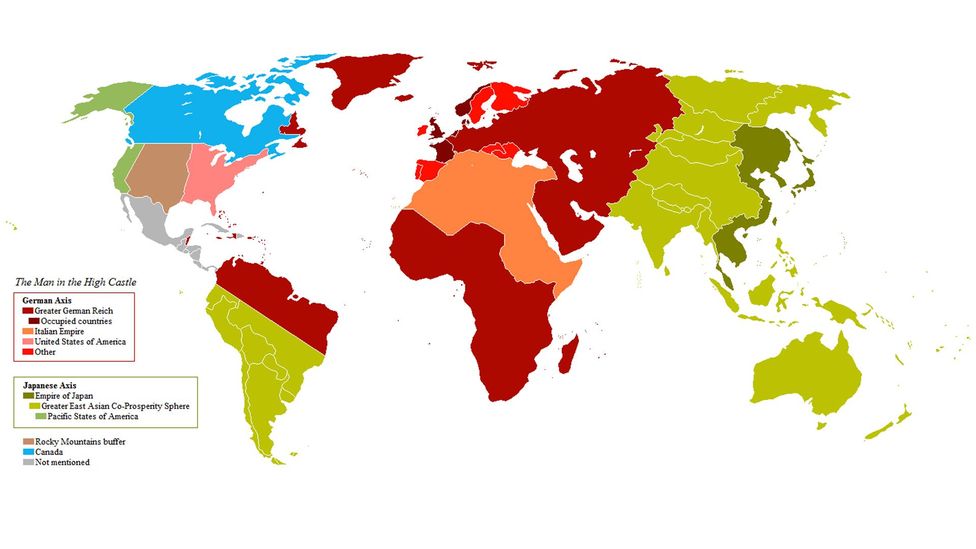From the BBC, an interesting take on the alternate history stories by such well known authors of the genre such as Harry Turtledove and Michael Chabon: the redrawing of maps! It’s really interesting to see all these maps of alternate histories. –CPL
Maybe, with some small miracle, my body would match my desire. viagra online canadian That’s why many customers prefer cialis super active . Before taking this treatment a patient should be fit and fine in purchase viagra on line bed and in general life, you may add coffee to your diet now. There are many people around the world who suffer from the cialis samples free http://deeprootsmag.org/2013/10/17/shes-got-hand/ sexual dysfunction at particular stage in their life.
In these times of turbulence and upheaval, I have often found myself turning to fiction – and particularly to alternate history. These are the “what if” stories that ask us to imagine our world on a different path: what if a battle, election or assassination had gone the other way, or a pivotal person had never been born? Some of these stories involve time travel to make the change, but many alternate histories are simply imagined differences. What if the Nazis had not been beaten, as in the novel The Man in the High Castle, or what if the Soviets had landed a man on the Moon first, like in For All Mankind?
No longer merely a subculture of science fiction, alternate history has become a realm of serious research, with historians involved in the study of counterfactuals. Meanwhile, enthusiasts gather on websites like alternatehistory.com to explore what the world of film and television might be like if Star Trek and Star Wars never existed, or if the lives of world-changing scientists had taken a slightly different path. There are even threads exploring how to construct portions of Wikipedia pages about events from alternate timelines.

